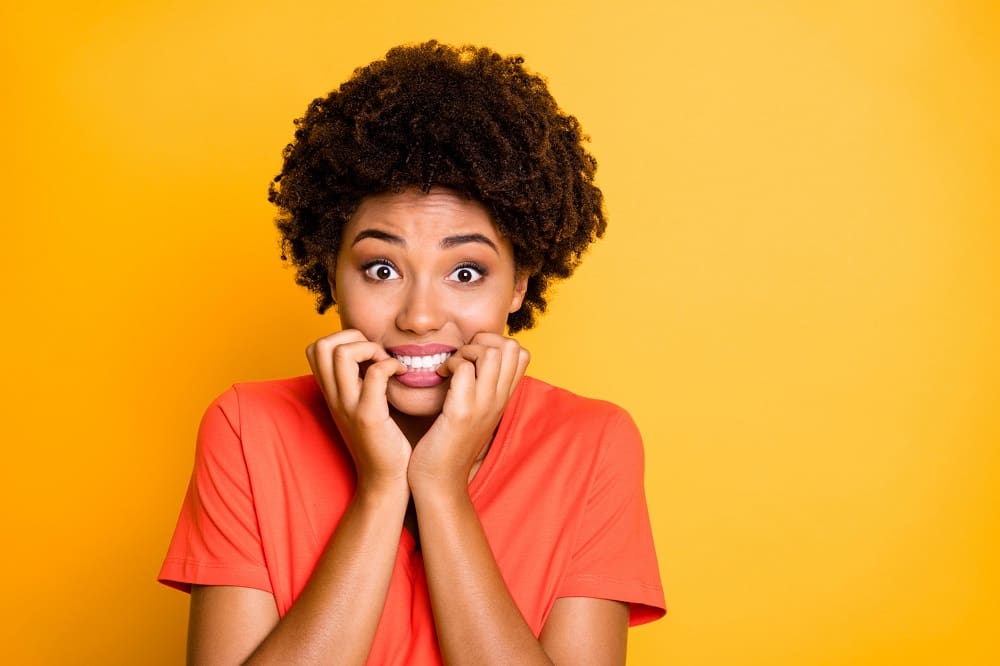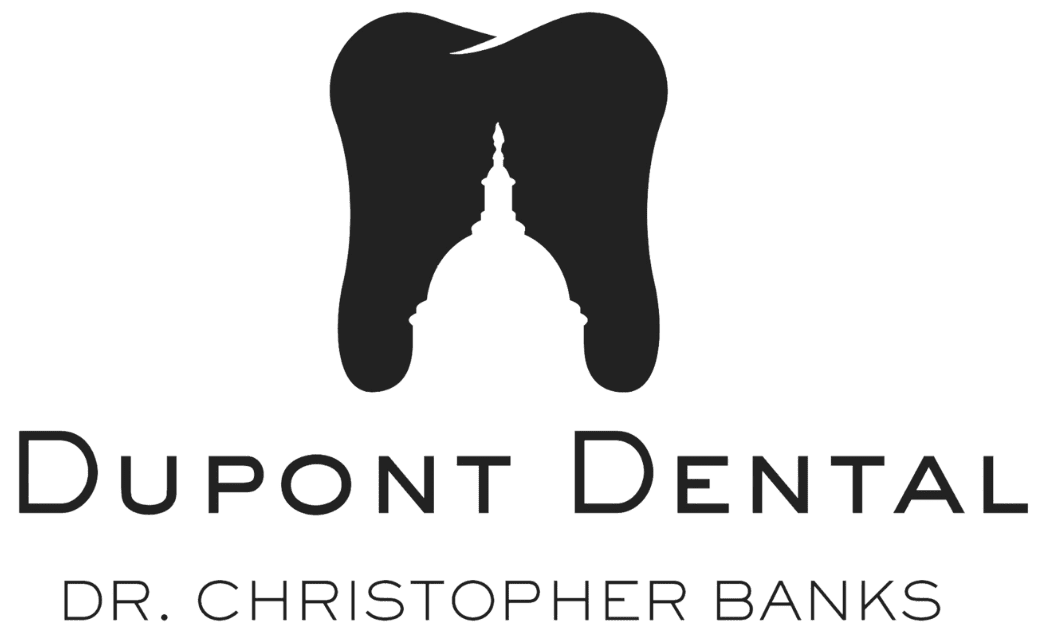Sleep apnea is a common but serious disorder that disrupts one’s breathing during sleep, leading to intermittent pauses in breath or shallow breaths while one sleeps. It doesn’t discriminate and is prevalent throughout all age groups. These interrupted breathing patterns can cause your brain to awaken you from slumber, ensuring normal respiration resumes—sometimes so subtly that you don’t even remember the alert signal going off.

Symptoms of Sleep Apnea
The symptoms associated with sleep apnea often include loud snoring, morning headaches, waking up with a very dry or sore throat, and feelings of exhaustion even after a whole night’s rest. Some people also report insomnia-like symptoms and frequent trips to the bathroom at night.
Risks Associated with Untreated Sleep Apnea
If untreated for an extended period of time, sleep apnea tends to increase the risk of suffering from several health problems, like hypertension (high blood pressure), stroke, heart failure, etc. It may likewise bring about mental health problems, including depression. The social implications are equally distressing, leading to difficulty concentrating, which often means poorer work/school performance. Increased tiredness could lead to risky behaviors such as driving drowsy.
Diagnosis of Sleep Apnea at Dupont Dental – Dr Christopher Banks
The diagnosis process involves multiple steps under our care here at Dupont Dental. We start with a thorough medical history consultation and physical examination, followed by appropriate tests when deemed necessary according to the patient’s needs. Our belief coincides with universal consensus—early detection is everything in preventing future complications related to this condition.
Treatment Options for Sleep Apnea
There is no “one size fits all” treatment option for sleep apnea. Treatment depends on the individual’s symptoms, overall health, and personal preference. Treatments may include lifestyle changes (like losing weight or quitting smoking), breathing devices such as Continuous Positive Airway Pressure (CPAP) machines, surgery in severe cases, or oral appliances.
About Oral Appliances
Oral appliances are specially designed mouthpieces that subtly adjust the position of your jaw during sleep to keep your airways open while you rest peacefully. Such therapy could reduce episodes of broken breathing patterns caused by this ailment. Mouthpieces offer a reliable solution for those who cannot cope with CPAP machines due to discomfort. Despite its effectiveness, patients can initially experience dry mouth and mild discomfort after long-term use, which could be resolved through follow-up visits.
Sleep Apnea & Oral Appliances FAQs
If you have questions about Sleep Apnea and Oral Appliances, we have answers! Read below to find out the answers to some of the most commonly asked questions patients have concerning sleep apnea.
Can children be treated with oral appliances for sleep apnea?
Yes, some children with mild to moderate sleep apnea can be treated with oral appliances. These devices are designed to gently reposition the jaw or tongue to keep the airway open during sleep. However, treatment depends on the child’s age, airway structure, and the severity of their condition.
In many cases, other treatments like removing enlarged tonsils or adenoids may be recommended first. Dr. Banks can evaluate your child to determine the best option.
Is it safe to travel with a sleep apnea oral appliance?
Yes, it’s safe and actually very convenient to travel with an oral appliance. It’s small, lightweight, and doesn’t require electricity. Just pack it in its case and keep it clean during your trip.
Can I stop using my oral appliance once symptoms improve?
No, you shouldn’t stop using your oral appliance just because symptoms improve. Sleep apnea is a chronic condition, and symptoms often return if treatment is stopped. The appliance works by keeping your airway open during sleep; it doesn’t cure the underlying issue.
If you’re considering stopping use, talk to your dentist or sleep specialist first. They may recommend a sleep study to evaluate whether it’s safe to discontinue.
How do oral appliances compare to CPAP machines in effectiveness?
Oral appliances work well for mild to moderate sleep apnea and are easier for many people to use. CPAP is usually more effective for severe cases, though. The best option depends on your specific diagnosis and comfort level.
How do I know if I have sleep apnea if I don’t remember waking up at night?
You might not remember waking, but signs like loud snoring, gasping during sleep, or daytime fatigue can point to sleep apnea. A sleep study is the only way to know for sure. Many people with sleep apnea aren’t aware of the interruptions in their sleep.
Can sleep apnea affect people who don’t snore?
Yes, not everyone with sleep apnea snores. While snoring is common, some people experience silent pauses in breathing that still disrupt their sleep. That’s why symptoms like fatigue or morning headaches are also important to watch for.
Is daytime fatigue always a sign of sleep apnea?
Daytime fatigue is a common symptom of sleep apnea. However, it isn’t always caused by it. Factors like poor sleep habits, stress, certain medications, or medical conditions such as anemia or thyroid disorders can also lead to fatigue.
However, if daytime sleepiness is paired with loud snoring, morning headaches, or trouble staying asleep, it may point to sleep apnea. A proper sleep study is the best way to determine the exact cause.
If you’re struggling night after night with disrupted slumber owing to complicated health conditions like apnea, know there is help. You don’t need to suffer anymore. Contact us at (202) 946-4720 today to schedule an appointment and see if we could help with your sleep apnea.
